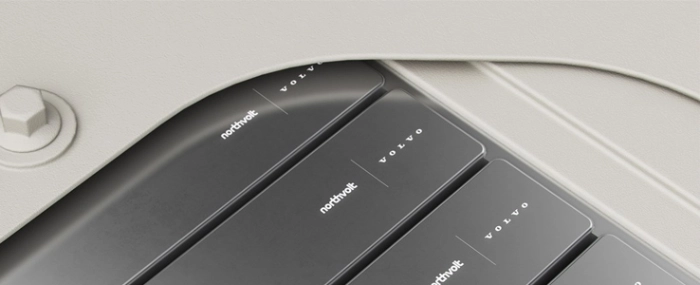
© Volvo Cars
Electronics Production |
Volvo and Northvolt to set up new R&D centre in Gothenburg
Volvo Cars and Northvolt announces that the companies will open a joint research and development (R&D) centre in Gothenburg, Sweden as part of a SEK 30 billion (EUR 2.9 billion) investment in battery development and manufacturing.
The R&D centre, which the companies are aiming to have operational in 2022, will create a few hundred jobs in Gothenburg and also positions Volvo Cars as one of the few automotive brands to make battery cell development and production part of its end-to-end engineering capabilities.
This announcement follows the partnership announced earlier this year; Volvo Cars and Northvolt have now signed a binding agreement this week to create a joint venture for the development and sustainable production of batteries for the next generation of pure electric Volvo cars.
The establishment of the new R&D centre in Gothenburg will be followed by the construction of a new manufacturing plant in Europe. It will produce next-gen battery cells, specifically developed for use in next generation pure electric Volvo and Polestar cars. The exact location of the plant is expected to be confirmed in early 2022.
“Our partnership with Northvolt secures the supply of high-quality, sustainably-produced batteries for the next generation of pure electric Volvos,” says Håkan Samuelsson, chief executive for Volvo Cars in the press release. “It will strengthen our core competencies and our position in the transformation to a fully electric car company.”
“Volvo Cars is an excellent partner on the road towards building up a supply of battery cells that are made in Europe with a very low carbon footprint, and that are optimized through vehicle integration to get the best performance out of the next generation EVs,” adds Peter Carlsson, chief executive for Northvolt.
Volvo Cars and Northvolt are in the final phase of a selection process to find a suitable location in Europe for the battery manufacturing plant. The plant is planned to ha have a annual capacity of up to 50 gigawatt hours (GWh), which would supply batteries for approximately half a million cars per year. It will start construction in 2023, with large scale production in 2026, and is expected to employ up to 3,000 people.


